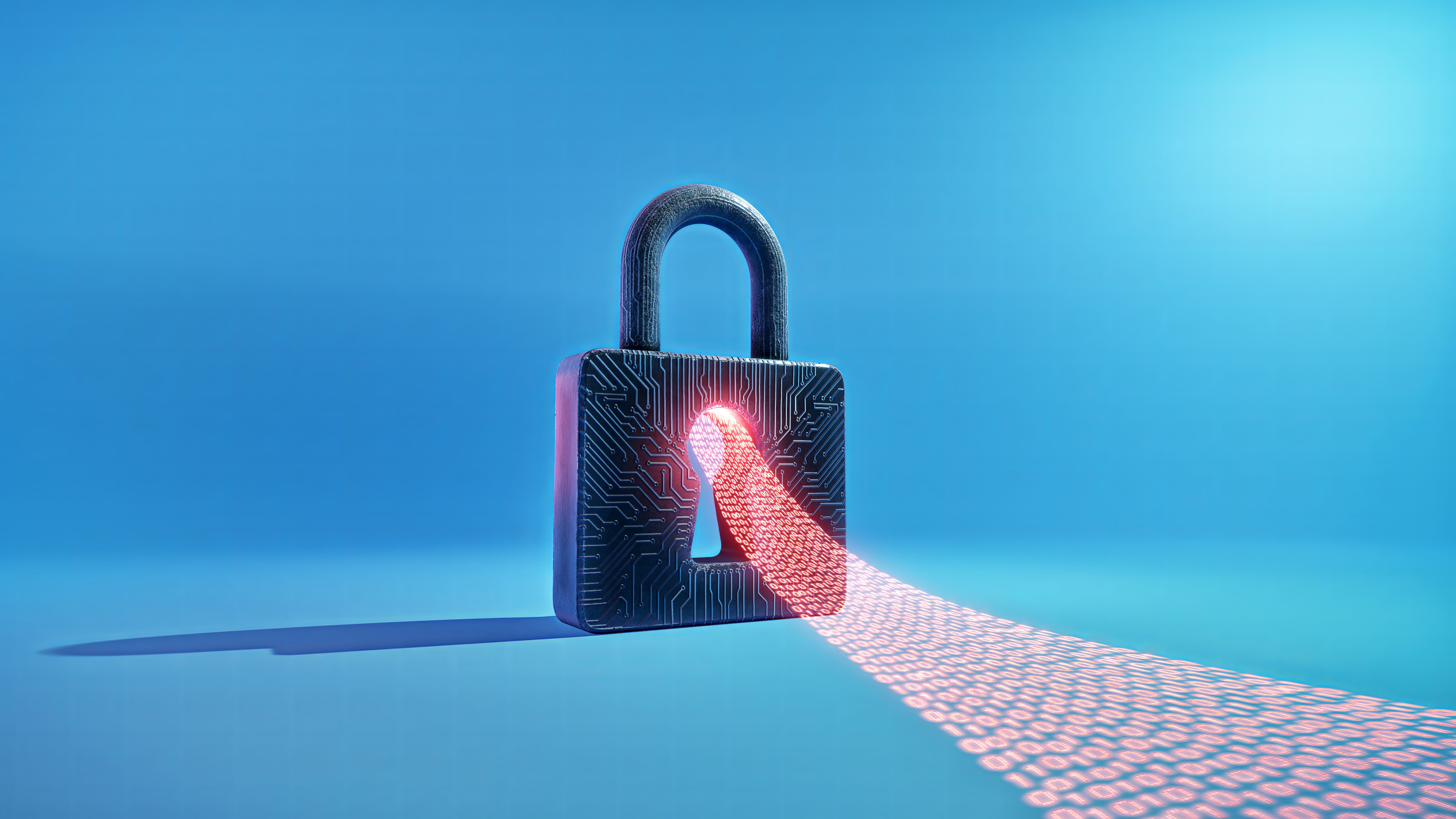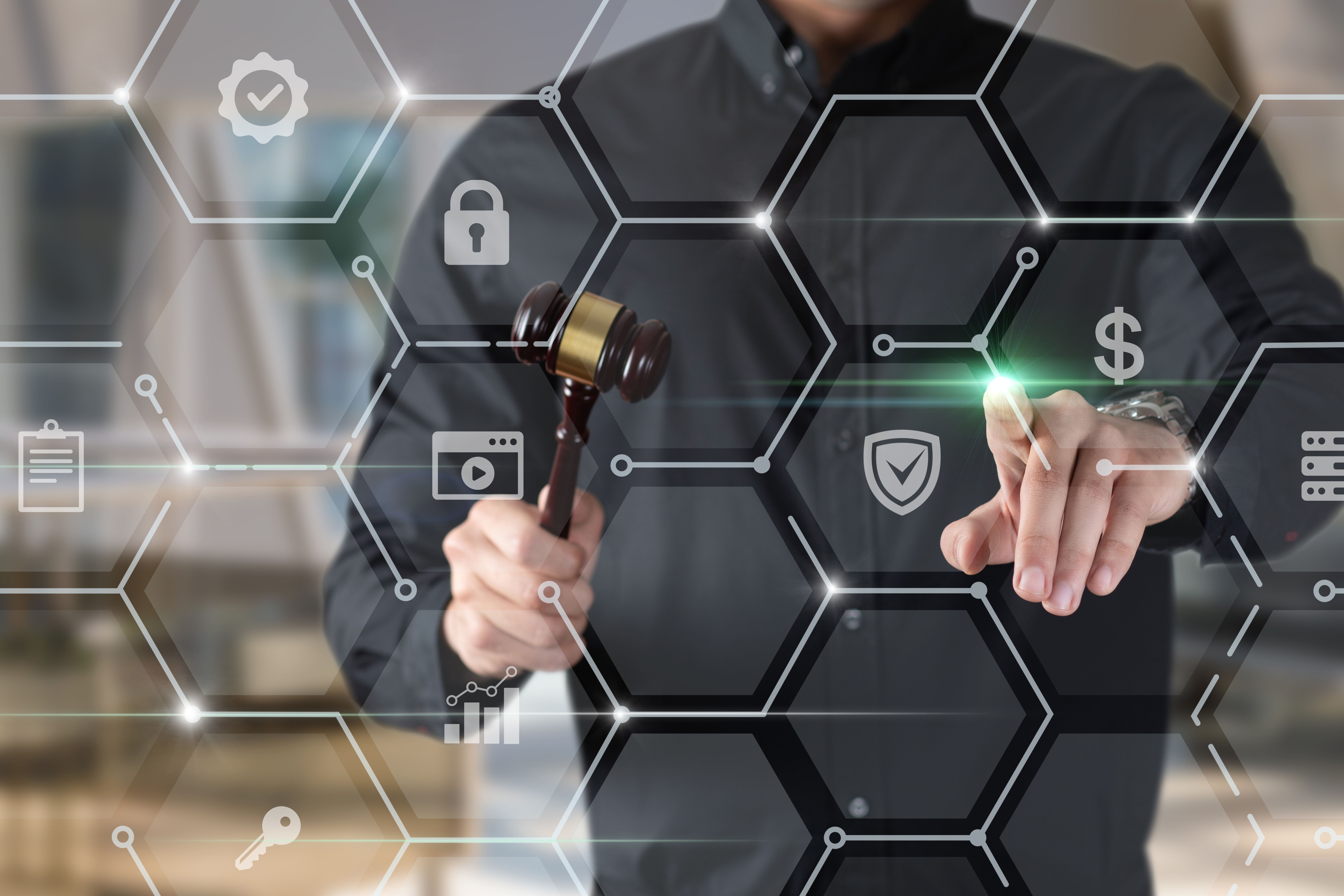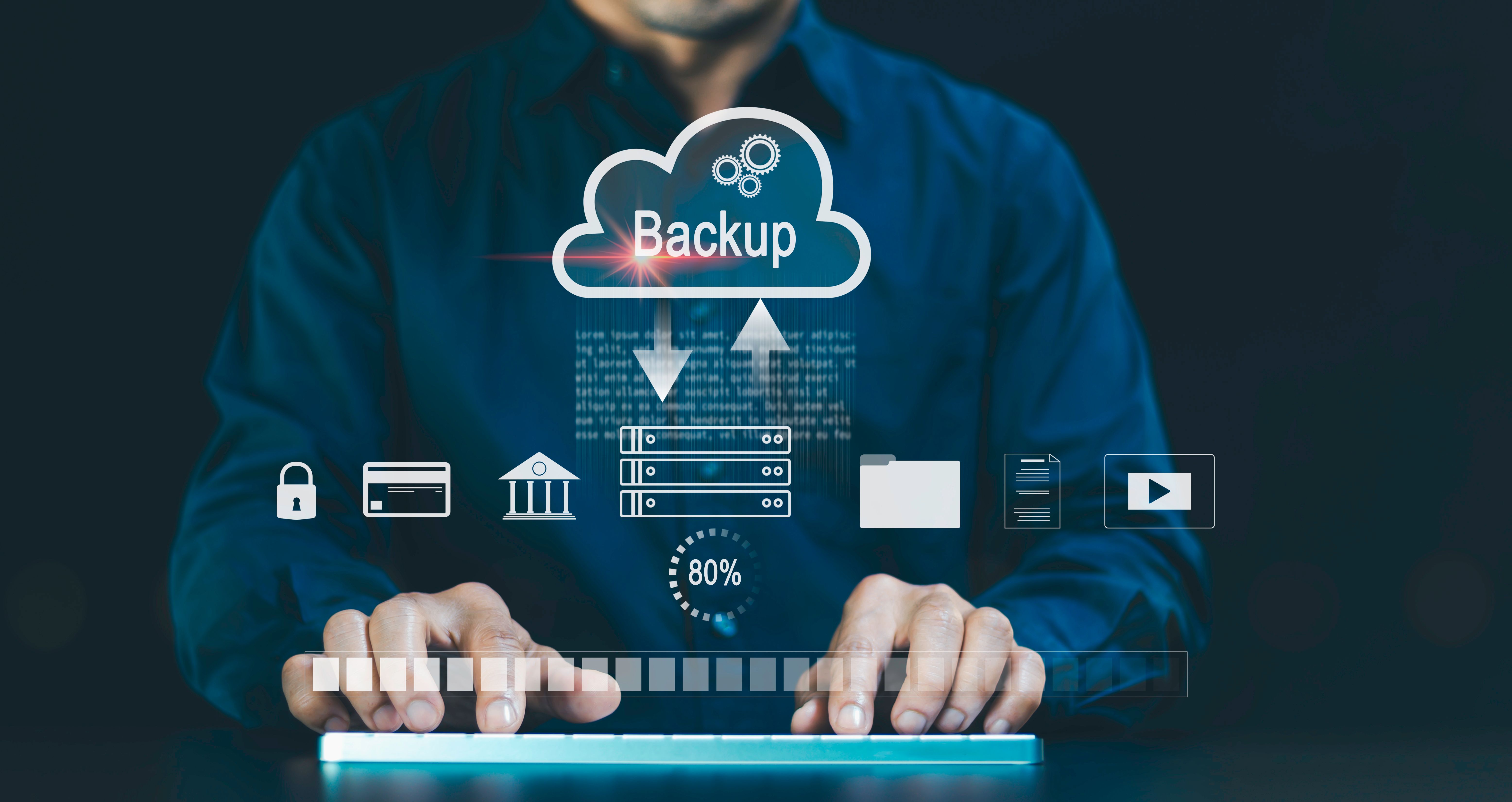Safeguarding Your Crypto Investments: A Guide
DM
Understanding the Basics of Crypto Security
As the popularity of cryptocurrencies continues to soar, safeguarding your investments is more critical than ever. The decentralized nature of blockchain technology offers numerous advantages, but it also comes with its own set of security challenges. Understanding these basics is the first step in protecting your digital assets.
One fundamental principle to keep in mind is the importance of securing your private keys. These keys are essentially the passwords to your crypto assets, and losing them could mean losing access to your investments forever. Always store them securely and never share them with anyone.

Choosing the Right Wallet
A crucial aspect of crypto security is selecting the right wallet. There are several types, including hardware wallets, software wallets, and paper wallets, each with its pros and cons. Hardware wallets are often considered the most secure as they store your private keys offline, away from potential digital threats.
Software wallets offer convenience but may be more susceptible to hacking attempts if not properly secured. Paper wallets, while secure from digital threats, can be physically lost or damaged. Evaluating your needs and understanding the security features of each type will help you make an informed decision.
Implementing Strong Security Practices
Once you have chosen a wallet, implementing robust security practices is essential. Use strong, unique passwords for all your crypto-related accounts and enable two-factor authentication wherever possible. This adds an extra layer of protection against unauthorized access.

Regularly updating your software and devices is another critical practice. Developers frequently release updates to patch vulnerabilities, so keeping your systems up-to-date minimizes the risk of being exploited by hackers.
Staying Informed About Potential Threats
The crypto world is dynamic, with new threats emerging constantly. Staying informed about potential risks and scams is crucial for safeguarding your investments. Follow reputable crypto news sources and join online communities to stay updated on the latest developments in crypto security.
Be wary of phishing attempts, which are common in the crypto space. These scams often involve fake emails or websites designed to steal your login credentials. Always double-check URLs and never click on suspicious links.

Understanding Regulatory Implications
As cryptocurrencies gain traction, governments worldwide are starting to impose regulations that could impact your investments. Understanding these regulations and how they affect your holdings is essential for compliance and security.
Keep abreast of any changes in crypto regulations in your region and consider seeking legal advice if necessary. This proactive approach can help you navigate the evolving landscape while protecting your investments.
Backup Strategies for Peace of Mind
Having a reliable backup strategy is a crucial component of safeguarding your crypto assets. Regularly backing up your wallet data ensures that you can recover your funds in case of hardware failure or other unforeseen events.
Consider using multiple backup methods, such as cloud storage combined with physical backups like USB drives or external hard disks, to ensure redundancy. Always encrypt sensitive information to prevent unauthorized access.

The Role of Insurance in Crypto Security
Insurance is becoming an increasingly popular option for crypto investors looking to mitigate risks. While not all cryptocurrencies are insurable, some companies offer policies that cover theft or loss due to hacking incidents.
Research available options and weigh the costs against potential benefits. Having insurance can provide added peace of mind and financial protection against unforeseen events.
Conclusion: Taking Charge of Your Crypto Security
Securing your crypto investments requires a proactive approach and an understanding of the various strategies available. By choosing the right wallet, implementing strong security practices, staying informed about threats, understanding regulations, and considering additional measures like backups and insurance, you can significantly reduce risks.
Remember, the responsibility for safeguarding your digital assets ultimately lies with you. Stay vigilant and continue educating yourself to ensure that your investments remain protected in this rapidly evolving digital landscape.
